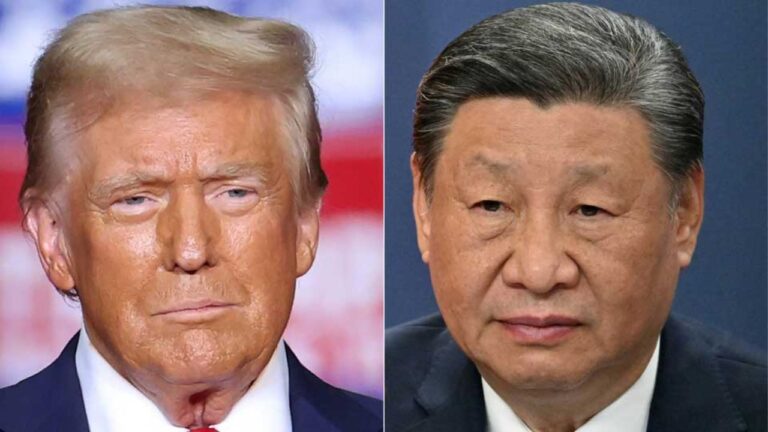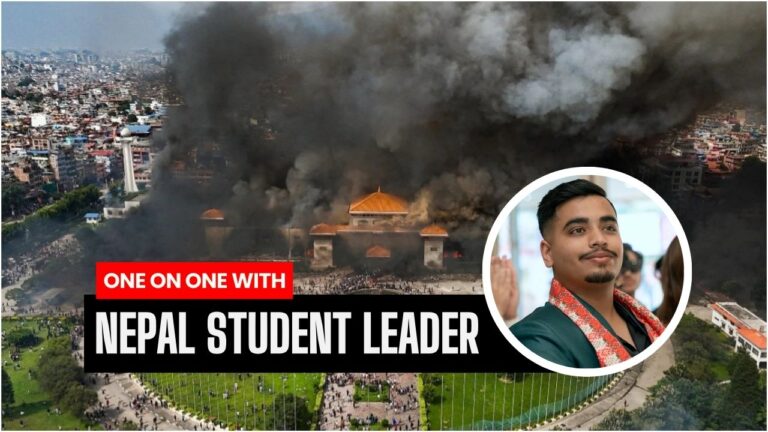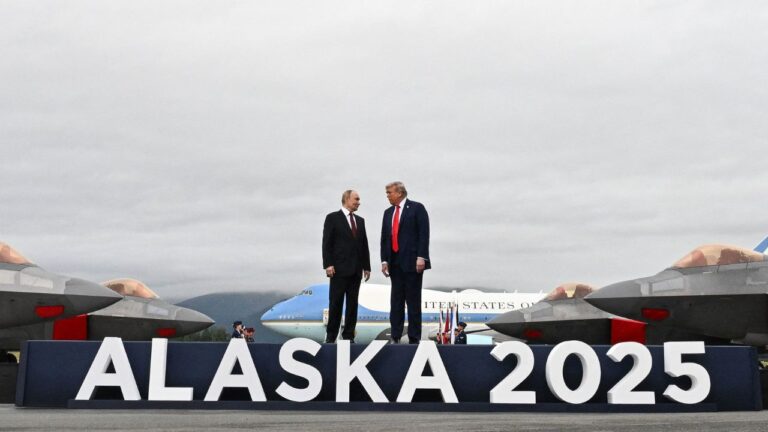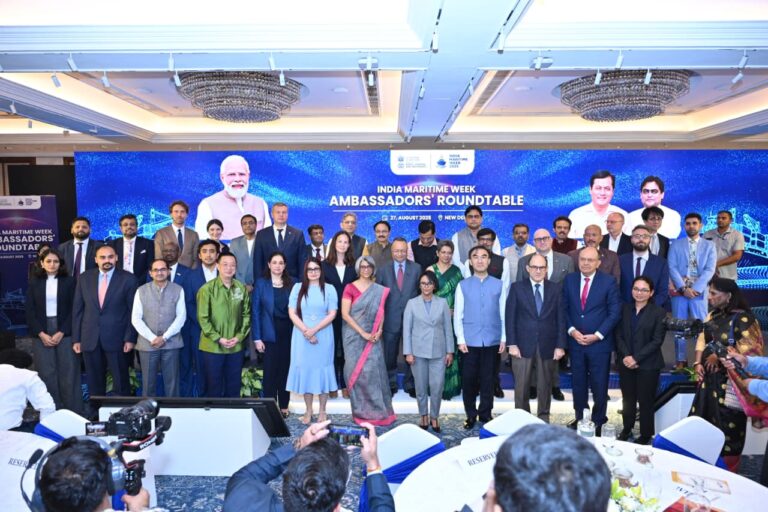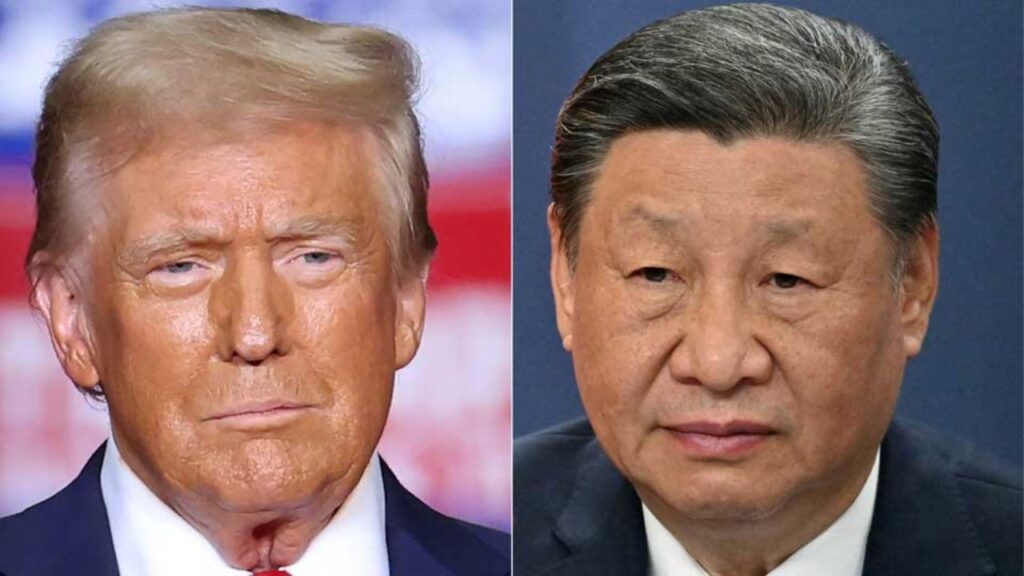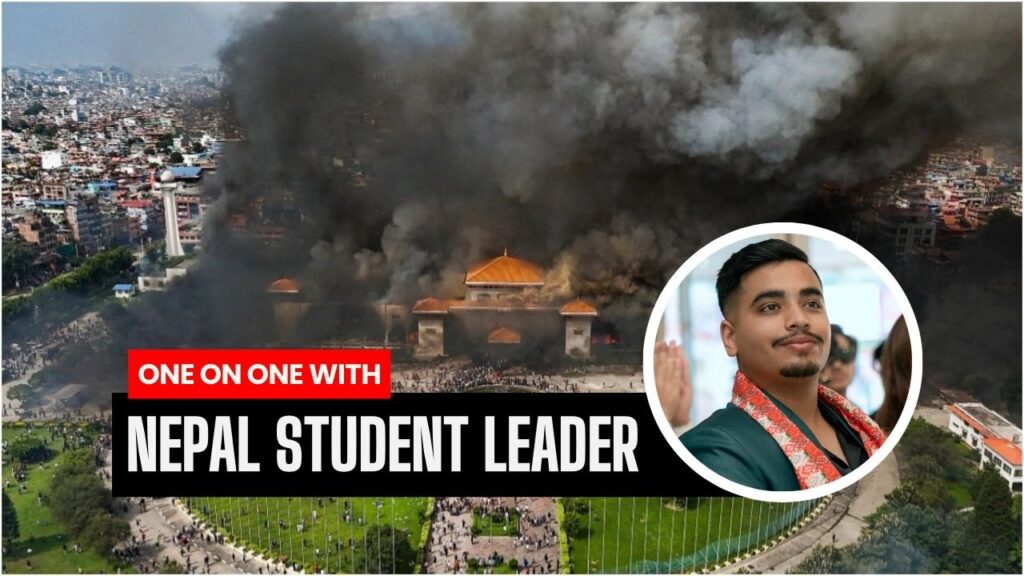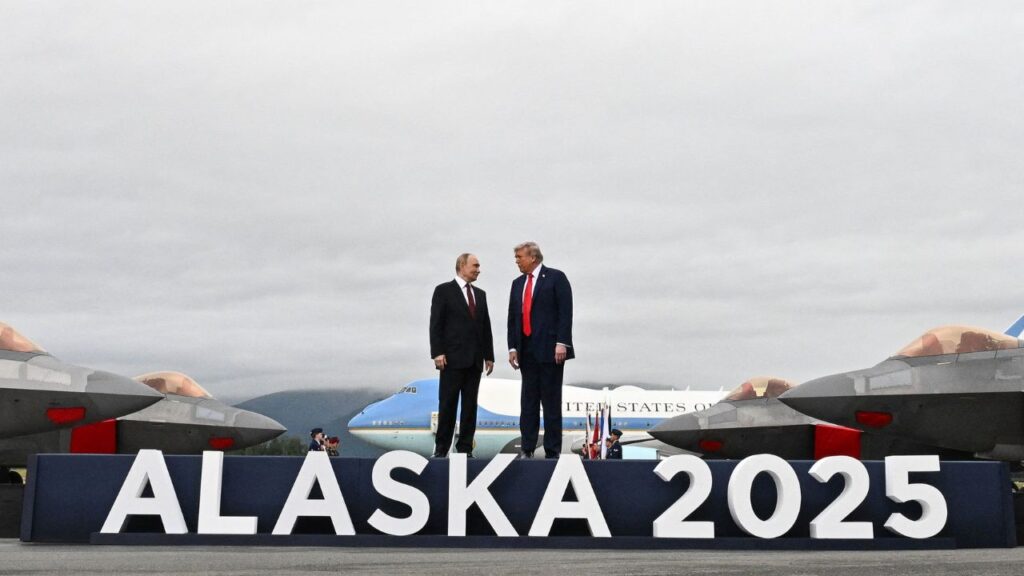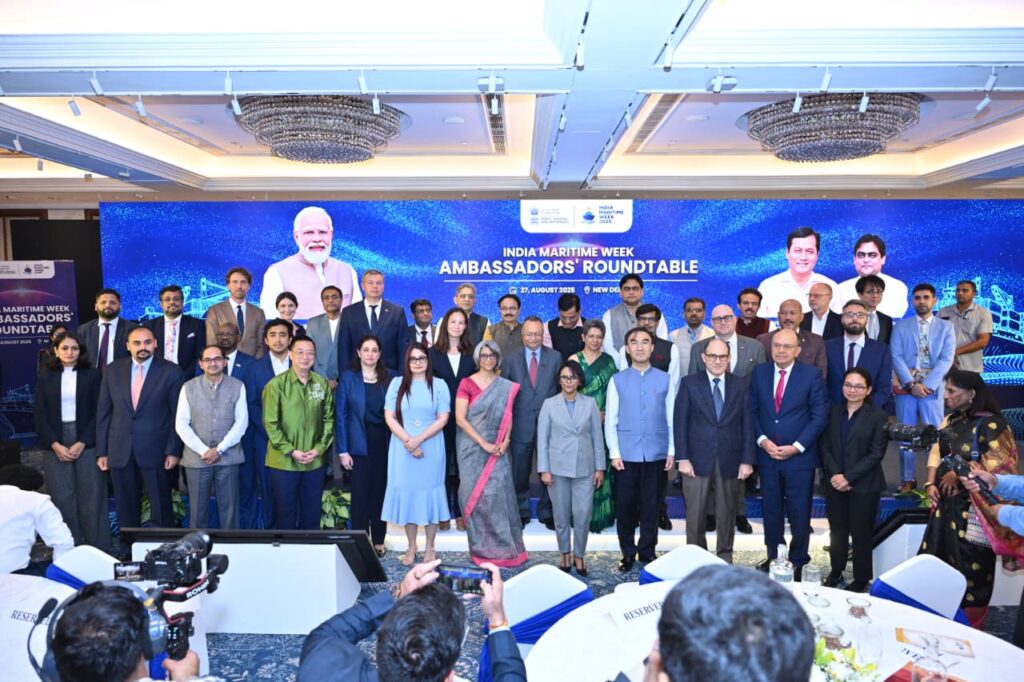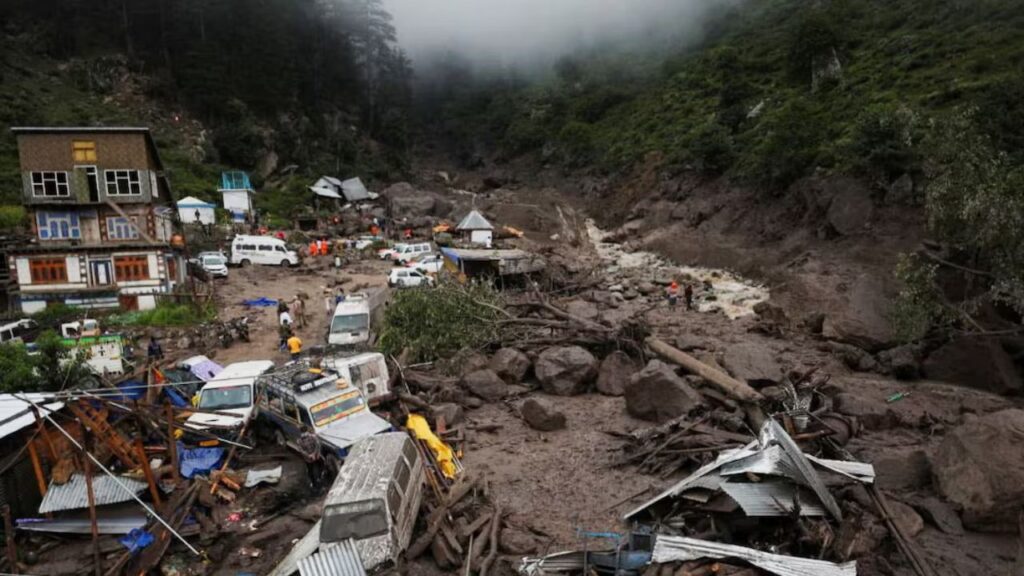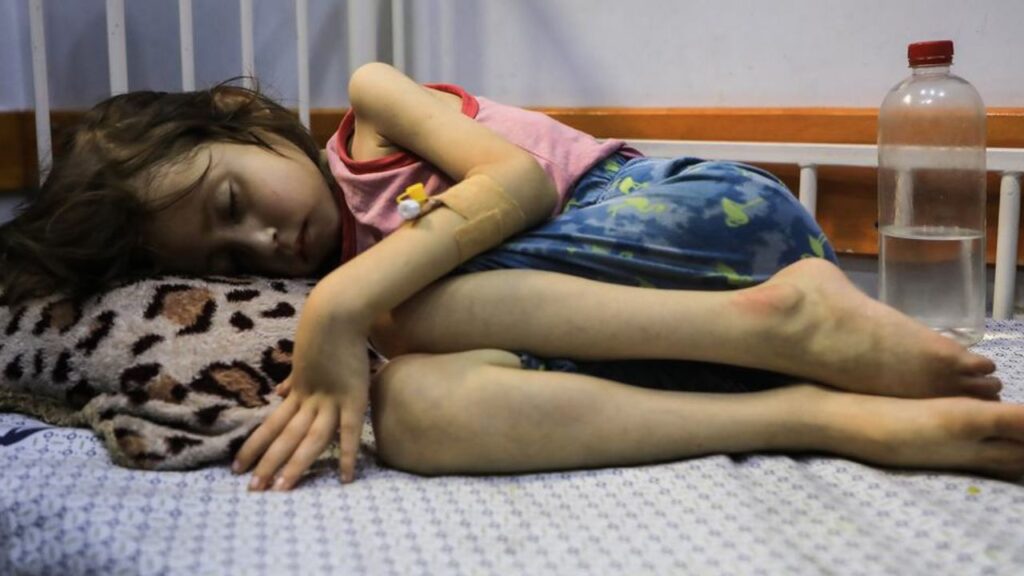India has sharply rebuked Bangladesh for its comments on the recent violence in West Bengal’s Murshidabad district, calling them “unwarranted” and a “disingenuous attempt” to deflect attention from its own minority rights issues.
The Ministry of External Affairs (MEA), in a strongly worded statement on April 17, rejected Bangladesh’s call to protect India’s Muslim minority population, urging Dhaka to instead address the persecution of minorities, particularly Hindus, within its borders.
The diplomatic spat, rooted in Bangladesh’s remarks on the Murshidabad unrest that claimed three lives, has further strained India-Bangladesh relations, already tense since the ousting of former Bangladeshi Prime Minister Sheikh Hasina in August 2024.
The controversy erupted after Shafiqul Alam, press secretary to Bangladesh’s interim Chief Adviser Muhammad Yunus, issued a statement on April 16 condemning what he described as “attacks on Muslims” in Murshidabad, which resulted in “significant loss of life and property.”
Alam urged the Indian government and West Bengal authorities to take “all steps to fully protect the minority Muslim population” and denied allegations of Bangladeshi involvement in the violence. His remarks followed reports from India’s Ministry of Home Affairs (MHA) suggesting that Bangladeshi miscreants may have played a role in the unrest, possibly with initial support from local leaders, though these claims remain under investigation.
India’s response was swift and unequivocal. MEA spokesperson Randhir Jaiswal dismissed Bangladesh’s statement as a “barely disguised and disingenuous attempt to draw a parallel with India’s concerns over the ongoing persecution of minorities in Bangladesh, where the criminal perpetrators of such acts continue to roam free.” He added, “Instead of making unwarranted comments and indulging in virtue signaling, Bangladesh would do better to focus on protecting the rights of its own minorities.”
Violence broke out in Murshidabad between April 8 and 12, following protests against the Waqf (Amendment) Act, 2025, passed by the Indian Parliament on April 5. The legislation, aimed at reforming the management of Waqf properties, has been contentious, with critics arguing it undermines Muslim religious endowments.
In Murshidabad, a Muslim-majority district bordering Bangladesh, protests turned violent, leading to arson, stone-pelting, and road blockades in areas like Suti, Dhulian, Samserganj, and Jangipur. Three people, including a father-son duo hacked to death in Samserganj, were killed, and hundreds were injured. Over 278 arrests have been made, and the Calcutta High Court has ordered the deployment of nine companies of Border Security Force (BSF) and eight companies of Central Reserve Police Force (CRPF) to maintain order
West Bengal Chief Minister Mamata Banerjee, addressing the unrest on April 16, described it as “pre-planned riots” and suggested that if Bangladeshi elements were involved, the central government, responsible for border security through the BSF, should be held accountable.
The violence has displaced many families, with hundreds seeking refuge in Malda and Jharkhand’s Pakur district. The Calcutta High Court has formed a three-member panel to oversee victim rehabilitation, while the National Human Rights Commission (NHRC) and National Commission for Women (NCW) have dispatched teams to assess the situation.
Political tensions have escalated, with the Bharatiya Janata Party (BJP) alleging that over 400 Hindus were “forced to flee” Murshidabad, a claim contested by the ruling Trinamool Congress (TMC). BJP leader Suvendu Adhikari has demanded a National Investigation Agency (NIA) probe, labeling the violence “anti-national,” while TMC leader Kunal Ghosh hinted at a “larger conspiracy” involving central agencies and opposition parties.
India’s sharp rebuke of Bangladesh reflects broader frustrations with Dhaka’s handling of minority rights. External Affairs Minister S. Jaishankar informed Parliament last month that 2,400 instances of atrocities against religious minorities, primarily Hindus, were recorded in Bangladesh in 2024, with 72 additional cases in 2025.
Since Hasina’s ouster, attacks on Hindu homes, businesses, and temples have surged, with 23 Hindus killed and 152 temples desecrated between August 2024 and January 2025. The interim government under Yunus has arrested 77 individuals in connection with 88 cases, but India argues that perpetrators largely remain at large.
The diplomatic row comes at a time of strained bilateral ties. India’s decision to withdraw transhipment facilities for Bangladeshi exports in April 2025, in response to Dhaka’s trade-restrictive measures, has further soured relations. Bangladesh’s interim government, in power since Hasina’s flight to India, has faced criticism for failing to curb anti-Hindu violence, prompting New Delhi to raise the issue repeatedly on international platforms. Alam’s denial of Bangladeshi involvement in Murshidabad, coupled with his call for India to protect its Muslim minority, has been perceived in India as an attempt to shift focus from Dhaka’s domestic challenges.
West Bengal Governor C.V. Ananda Bose, who began a two-day visit to Murshidabad on April 18 to conduct a “reality check,” declared his intent to “impose peace at any cost,” despite Banerjee’s reservations about his trip. The TMC has accused the BJP of stoking communal tensions, with MP Saket Gokhale alleging that Union Minister Sukanta Majumdar posted fake images on X to portray Muslims as aggressors.


